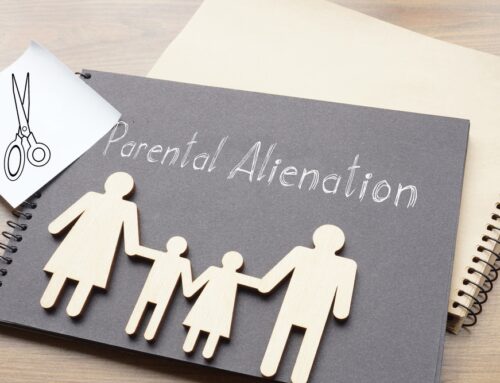If you are part of a cohabiting couple, are you aware of your legal rights? Read on to learn more.
Cohabitation is one of the most common ways that couples choose to live together as a family unit. In fact the number of couples choosing to live together, but not marry is gathering pace. In 1996 the figure was about 1.5 million people, but over the last 20 years that has increased to around 3.3 million in 2017 (1).
About 66% of cohabiting couples believe that they acquire rights as “common law” spouses.
Despite the popularity of cohabitation, very few people are aware of what if any rights are provided to such couples and this is an area of the law which is replete with misunderstandings, false assumptions and potential injustice. Just one example is provided by Resolution (2) whose research has shown that about 66% of cohabiting couples believe that they acquire rights as “common law” spouses, when actually this is untrue, as there is no such concept recognised by the law in England and Wales.
Cohabiting couples are denied most of the rights upon separation that a married person may claim, for example, pension sharing orders, spousal maintenance or lump sum orders.
How then can a cohabitant seek to secure a settlement on separation? The majority of disputes will revolve around property, normally the house the parties lived in during the relationship.
The first port of call will always be to establish who owns the legal title to the property. If the property is held in joint names then the parties are entitled to receive a settlement based on their share of the ownership and any formal express declarations they have made. Occasionally this share can be adjusted but in the absence of an express agreement this will be very rare, as the parties will be taken to have intended to hold the property in the way specified at purchase.
A substantial problem arises where the property is in the sole name of one party. Here the party who is not a legal owner can only secure an interest in the property if they are able to establish an interest under the terms of a trust.
Resulting Trust
There are two principle trusts which may assist. Firstly the resulting trust. Here the none owning party makes a direct contribution toward the purchase price. So for example paying toward the deposit. In this case the non owner will be taken to have an interest as a percentage of their “investment”.
Proving Constructive Trust
The second trust is the constructive trust. This is much more difficult to prove. Here the non owner must prove two things;
1) That the parties had a common intention that he or she was to have an
interest, and
2) that they acted to their detriment in reliance on that common intention.
Basically the non owner must show an agreement that they were to have an interest and that they made payments as a result of that agreement. The court may consider the manor in which the parties organised their lives and the “whole course of dealings” (3) between them.
This can however be extremely difficult to prove. If agreement is not reached it is open to either party to make a claim to the court, but such a claim may prove to be uncertain and expensive.
Where the separating parties have children, in certain cases an application to the court can be made for the transfer of a property for the benefit of the children.
Protection for Cohabiting Couples
To protect themselves at the outset (or indeed even after they start living together), cohabiting couples should consider entering into a cohabitation or living together agreement. Such an agreement can help to provide a degree of certainty and peace of mind about what should happen if the couple decide to separate.
Talk to an Expert
Cohabitation is a complex and difficult area of law. Here at Beeston Shenton we have team of dedicated, specialist, knowledgeable solicitors who can help guide you through the maze of different options, be it acting in complex property litigation or drafting a living together agreement. Get in touch with our family law team or give us a call to find out more on 01782 66 24 24.
References
- Figure provided by Lexis Nexis
- Formally known as the Solicitors family Law association
- Stack v Dowden [2007] UKHL 17 as per Lady Hale




